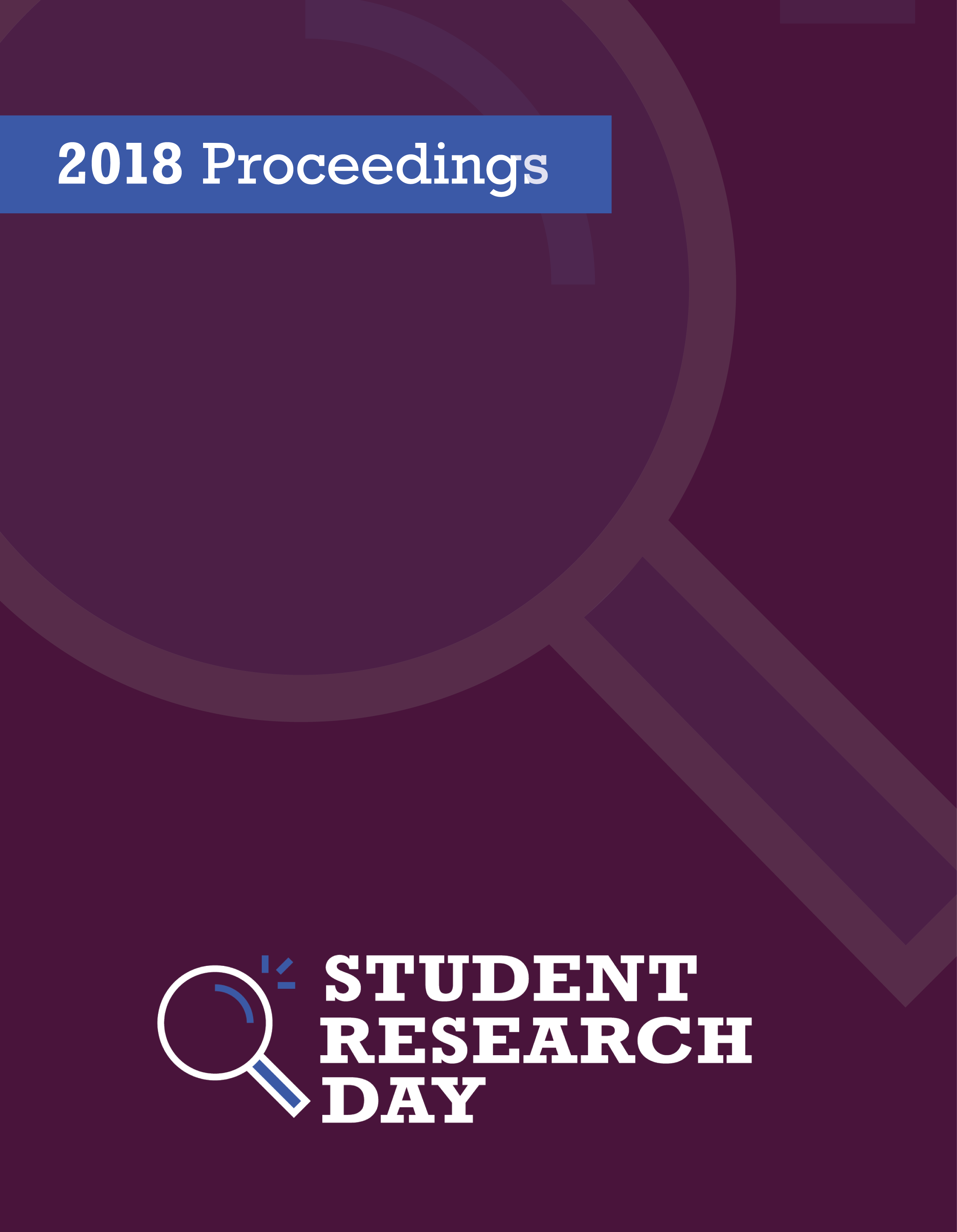Smart Monitoring of Irrigation Systems for Reduction of Water Consumption
Abstract
Water is essential to life both as drinking water and for growing crops. It is estimated that over 700 million people do not have access to clean safe drinking water worldwide [1]. It is critical to responsibly use water so that it remains a sustainable resource. One way to do this is to focus on optimising water usage when irrigating crops. Currently, there are three categories of irrigation methods: sprinkler, micro and surface irrigation. Sprinkler systems distribute water at a high-velocity and high-volume spray. Micro irrigation systems deliver water close to the crop either at the surface or below the soil. Surface irrigation provides water to the crops by flowing water over land [2]. These methods of watering are inefficient and wastes water due to their lack of feedback and control of soil saturation. To achieve automation of watering the project involves designing and building water soil sensors to monitor moisture levels. Each sensor would be connected to a network of sensors that are placed just below the soil (roughly 5 inches under the soil) and would accurately detect specific areas of the crops that need watering. By using technology paired with intelligent software low grade sensors can be used to monitor each watering zone determining whether that zone needs watering or not.
Discipline: Computer Sciences
Faculty Mentor: Dr. Shelley Lorimer
References
Published
Issue
Section
License
Authors retain any and all existing copyright to works contributed to these proceedings.



